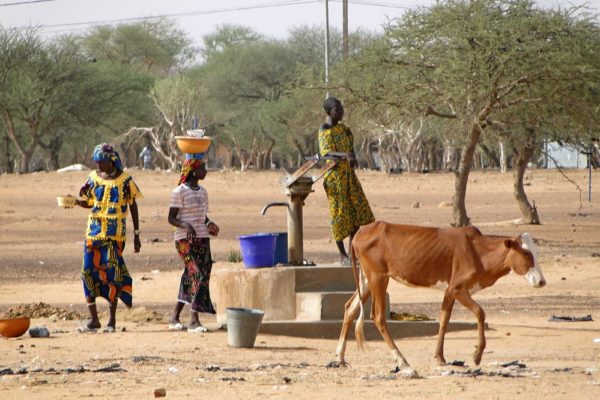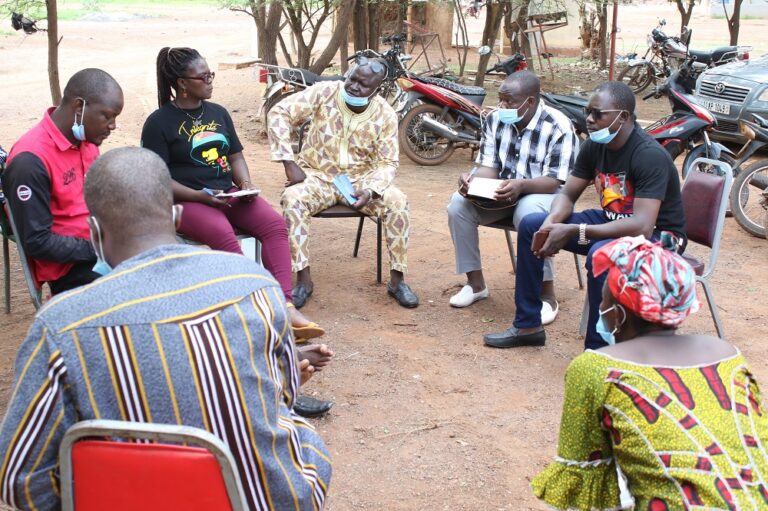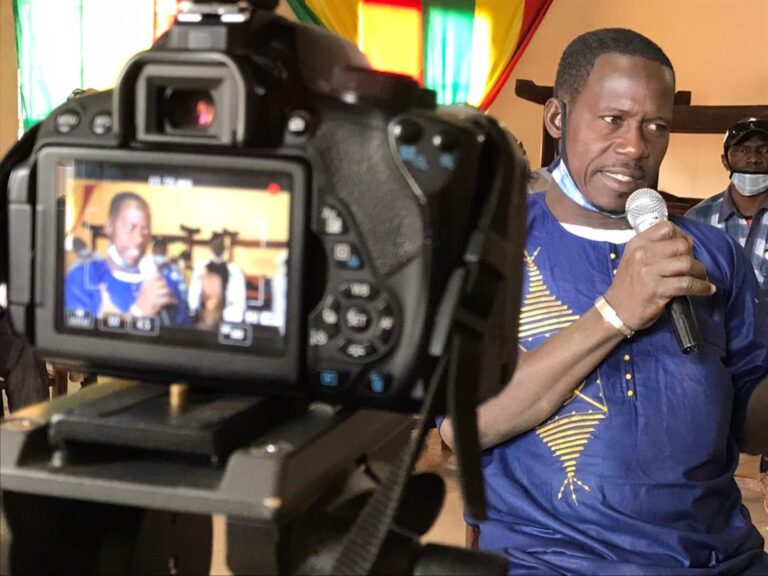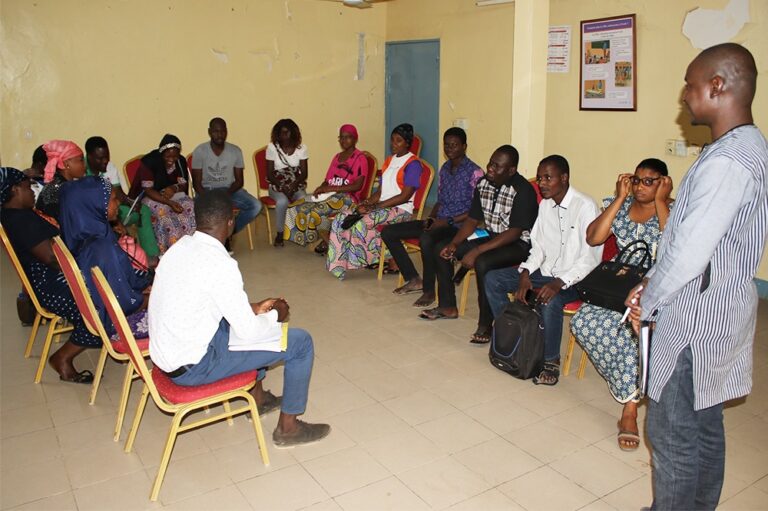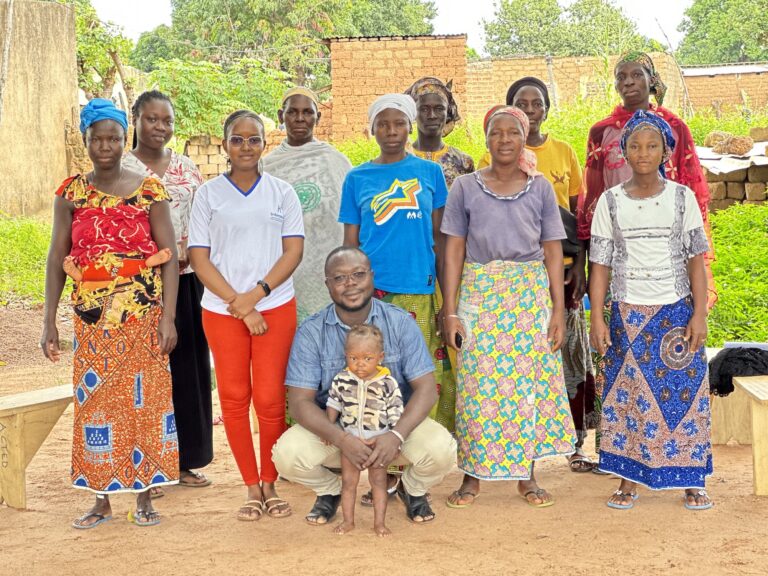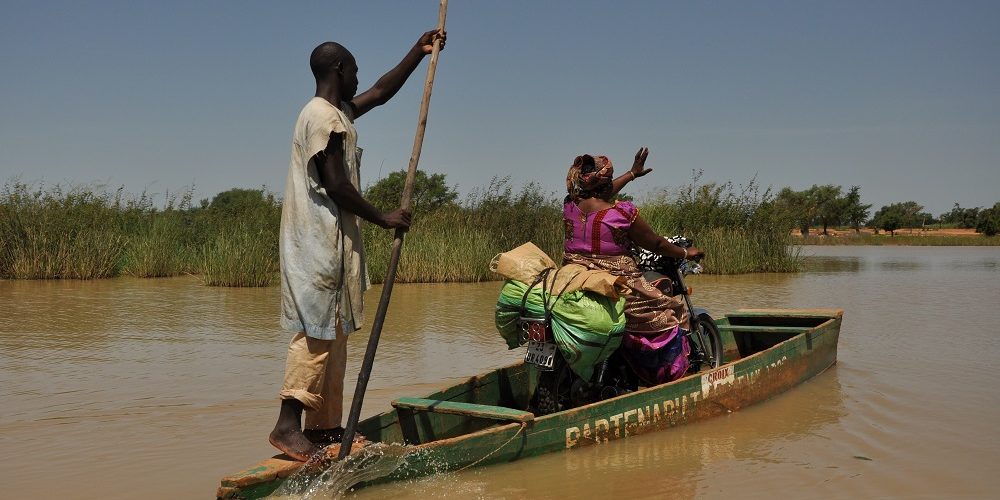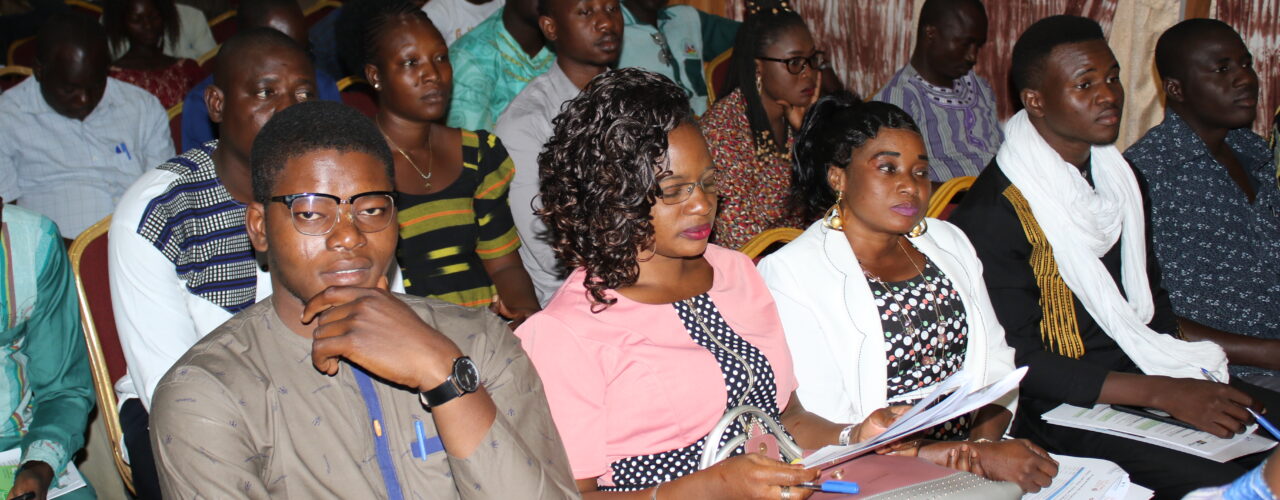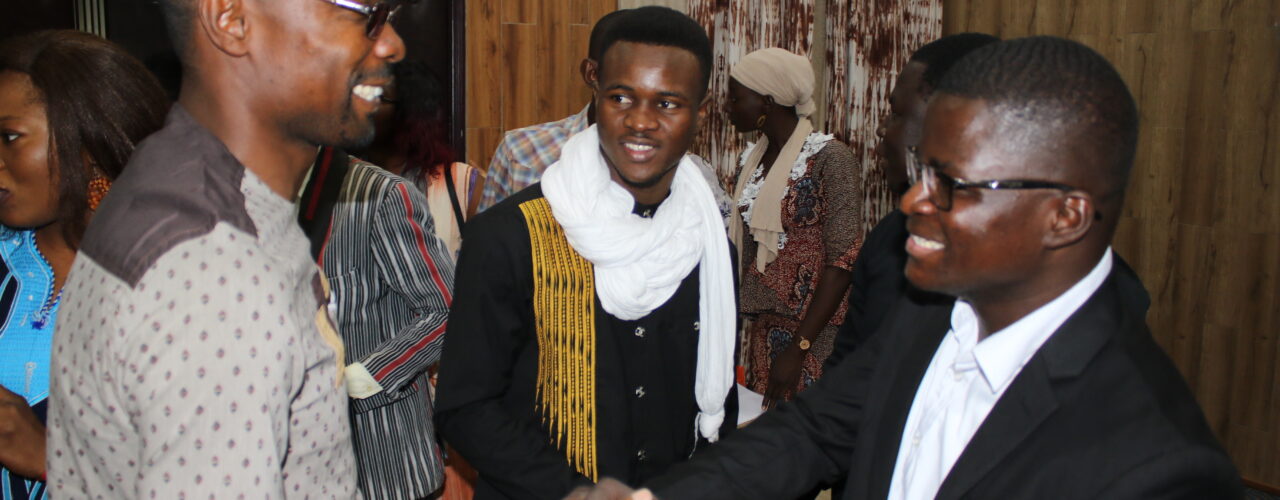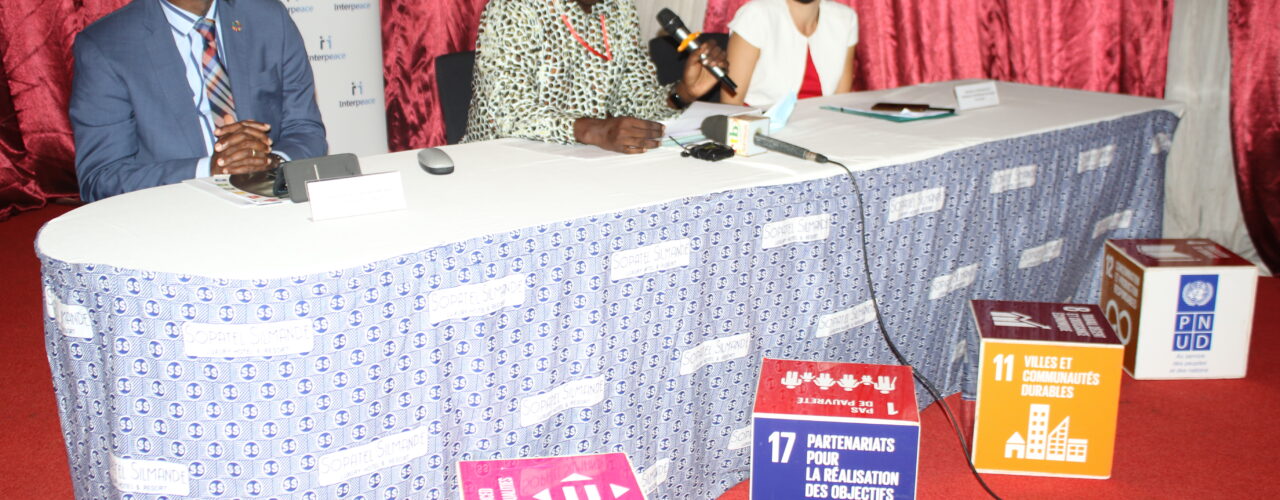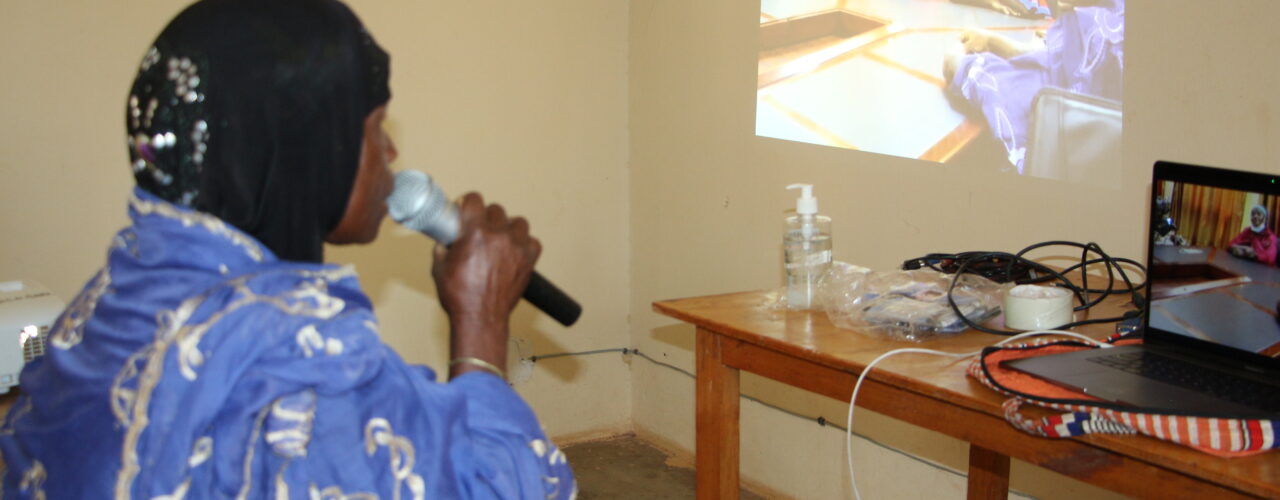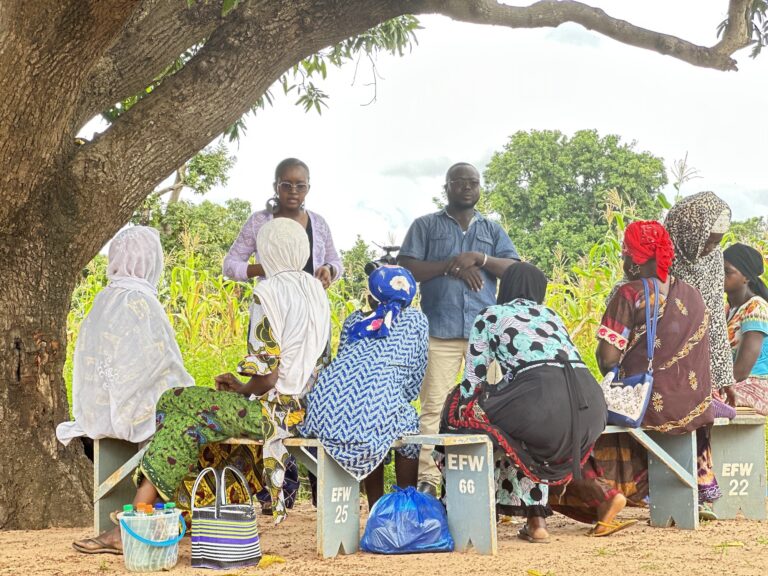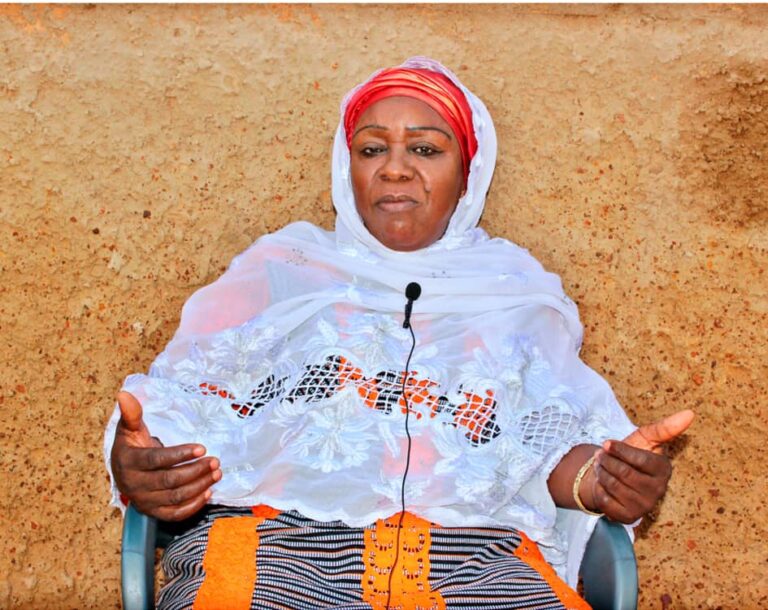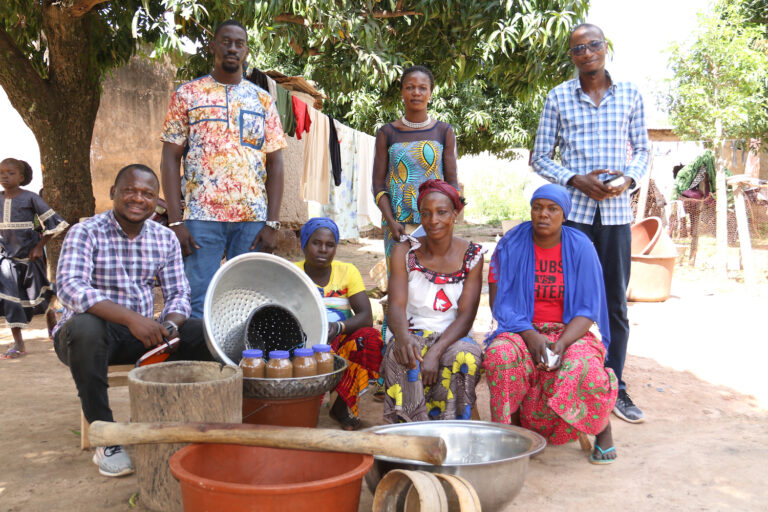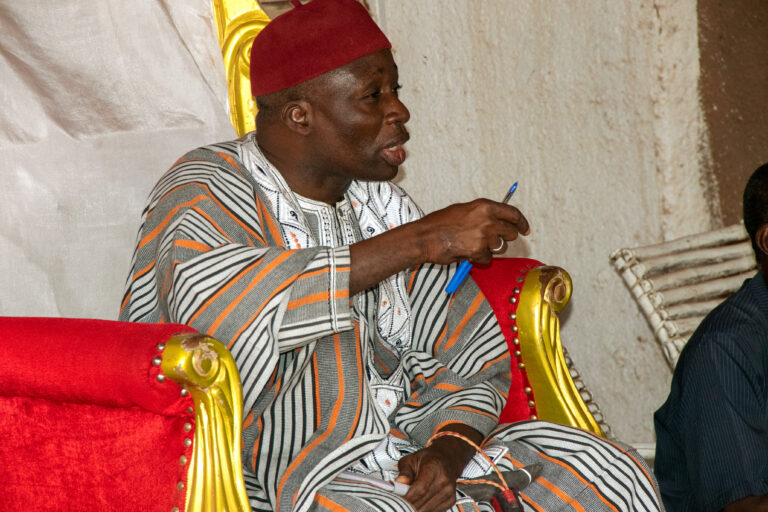Burkina Faso has witnessed a dramatic increase in violence in the last seven years. This violence is becoming increasingly diffuse throughout the territory and is transforming in character. National and international institutions are investing heavily in the security response with little attention to the root causes and long-term processes that enable and exacerbate such violence. Moreover, there is no known nationwide attempt to understand the multiple perspectives, needs and capacities of local populations in the context of these security threats. Recognizing that long term and durable solutions for peace require local ownership, the absence of such analysis constitutes an important gap.
Our work in Burkina Faso has generated an analysis of the factors of conflict and national resilience along with an agenda for peace. This document, which takes up the dynamics mentioned by the population, is both an informative document and a decision-making tool for all actors interested in the crisis in Burkina Faso.
Concrete actions are now being implemented actions on key issues such as security, land and natural resource management.
